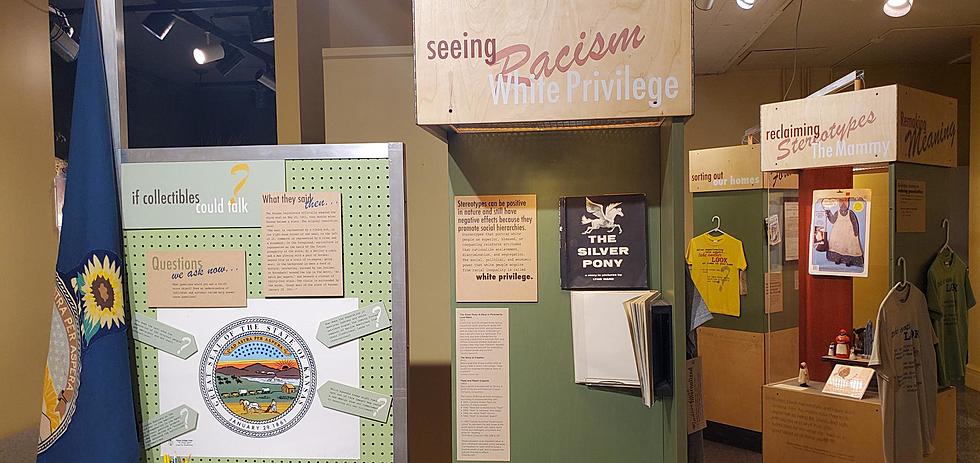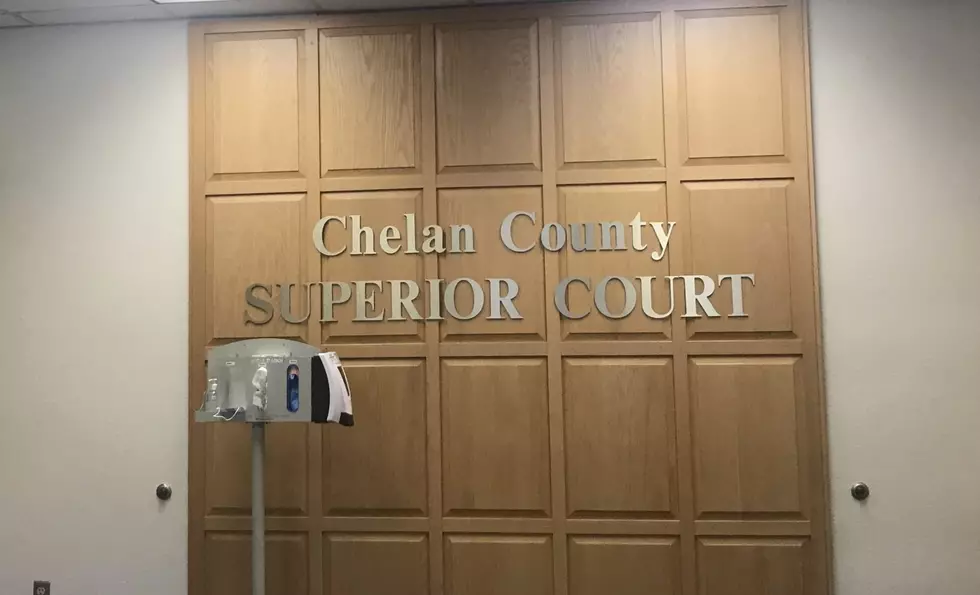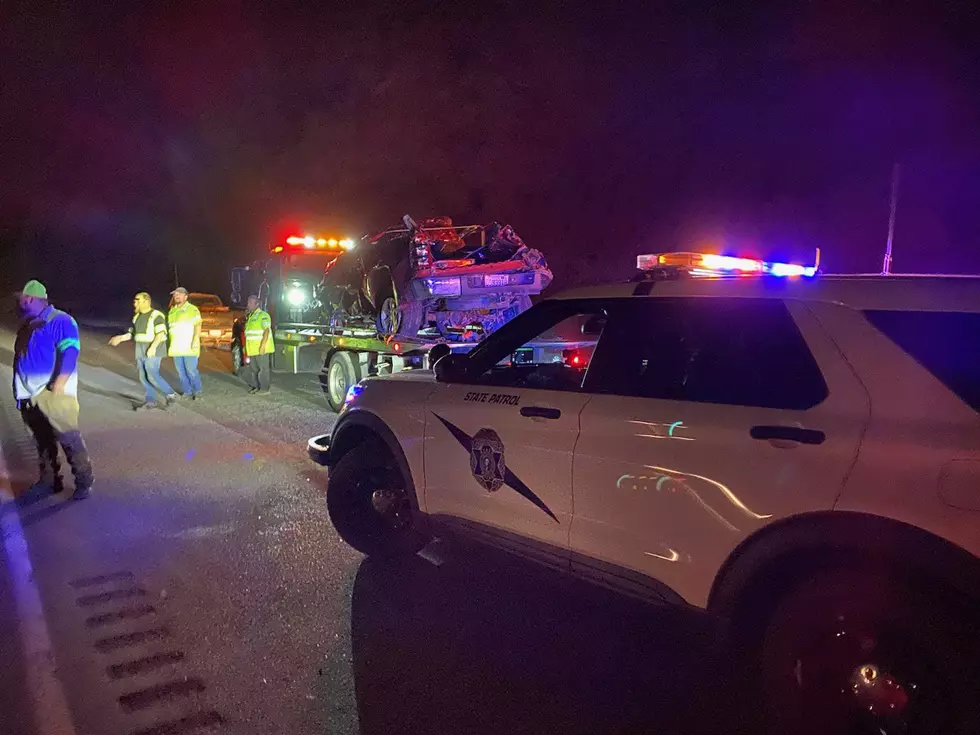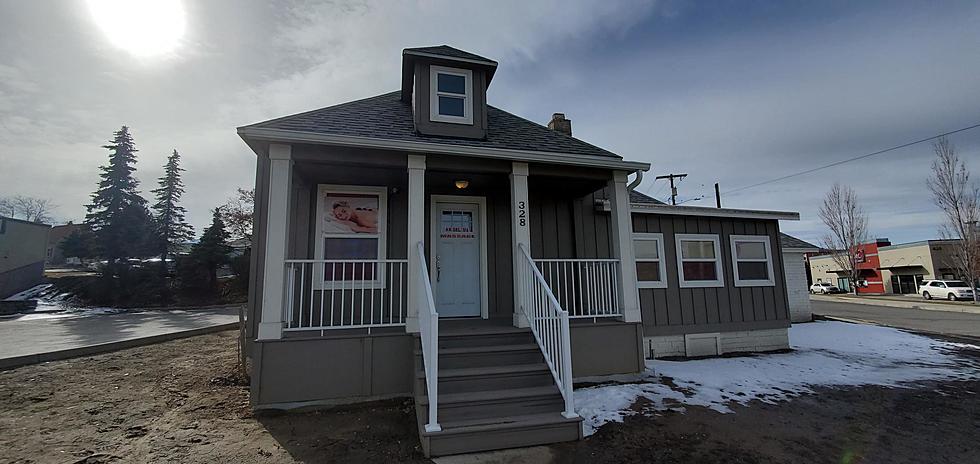
‘Sorting Out Race’ Exhibit Now at the Wenatchee Valley Museum and Cultural Center
The Wenatchee Valley Museum and Cultural Center is hosting an exhibit on American racial stereotypes until March 31.
A stereotype is defined as “an often unfair and untrue belief that many people have about all people or things with a particular characteristic.”
Attendees will have a chance to have an open dialogue on how racism has shaped American history throughout the 20th century, viewing thrift store souvenirs that feature negative racial stereotypes such as the the “sleeping Mexican,” the “mammy,” “Aunt Jemima,” “Indian princesses,” and the “Braves.”
These stereotypes were frequently depicted in advertising or marketing materials, old collectibles, salt and pepper shakers, or vintage children's books
“We've had so much more [advancement] in the discussion on racism in recent years,” Curator of Exhibits Kasey Koski said. “Some of these things that used to be considered harmless souvenirs and things from visiting other places might be taken a little bit more offensively through a modern lens.”
Since the exhibit opened on Feb. 1, Koski says the community response has been largely positive.
“The community has been really intrigued and impressed that we brought something that really talks about this type of caricature and racial imagery to Wenatchee, because although we do have some diversity in our community, there's not a lot of different races that are really represented here,” Koski said.
Exhibit items were curated through Bethel College’s Kauffman Museum in North Newton, Kansas. However, Koski said it’s likely for residents to find these items within our own region.
Last summer, fruit packing company Blue Bird Inc. took down the 14-foot-tall Skookum Indian sign, which depicted a Native-American boy winking and smiling above the present-day Office Depot building on 9th Street and North Wenatchee Avenue in Wenatchee.

Since 1921, Skookum remained on the corner of 9th Street and North Wenatchee Avenue until Blue Bird took him down for repairs last summer. The sign currently remains in storage.
Discussion on the usage of Skookum’s image has been a polarizing topic since the sign first came down back in the 90’s, with both Native-American and European-American communities deliberating on how appropriate the sign is.
Blue Bird says they no longer use the Skookum logo in their marketing efforts and believe the image may have been hurtful to those in the community.
Koski says the Skookum sign plays a certain role in this exhibit and how the image left a significant impact on trademarking efforts for the region's fruit packing industries.
“That Skookum image was a unifying brand for early apple marketing and shipment,” Koski explained. “We have more than 100 years of history with that image in this community, so it's fair that people should have some strong feelings about it.”
This exhibit will be at the Wenatchee Valley Museum and Cultural Center until March 31.
Sorting Out Race Exhibit at Wenatchee Valley Museum and Cultural Center
More From NewsRadio 560 KPQ









